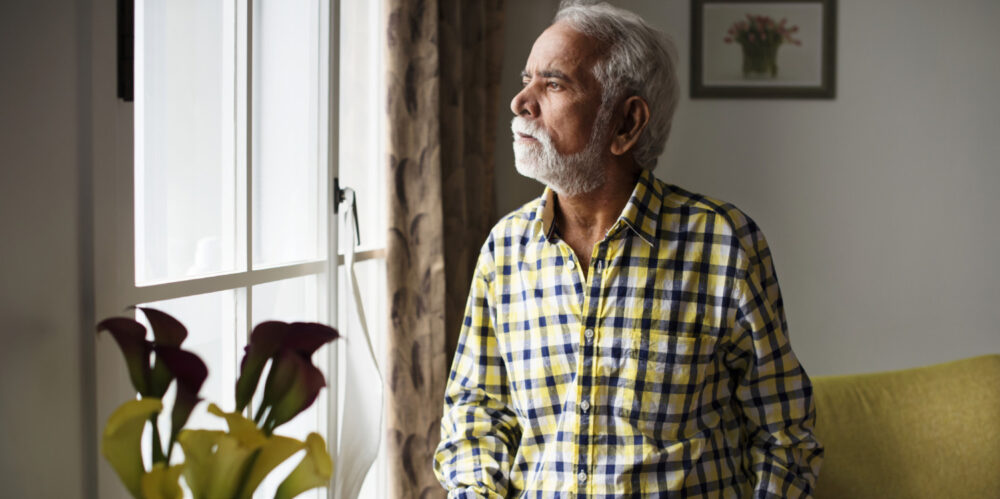
It’s no surprise that the pandemic has had adverse effects on mental wellbeing. New research from Age UK has shown that elderly members of the public are among those being hit the hardest.
Those 70 or older are already considered clinically vulnerable by the NHS, making them more likely to shield and receive less physical contact. When Age UK researched the impact of the pandemic on our older population’s health, this is what they found…
In answer to polling questions [completed by or on behalf of a pool of nearly 570 elderly people] about how their health and the way they felt had changed since the start of the pandemic six months ago:
- 1 in 3 respondents (or 34%) reported feeling more anxious since the start of the pandemic.
- 1 in 3 (or 36%) agreed they felt less motivated to do the things they enjoy.
- Over a quarter (or 26%) can’t walk as far as they used to.
- 1 in 5 (20%) are finding it harder to remember things.
- 1 in 5 (or 18%) say they feel less steady on their feet.
- 2 in 3 (or 64%) felt less confident taking public transport, 2 in 5 (or 43%) felt less confident going to the shops, or 1 in 4 (or 26%) felt less confident spending time with family.
These statistics should highlight the importance of looking out for ourselves and others that may be struggling with social isolation at this time.
So, what happens next?
To mitigate concerns, Age UK is urging older people to do the following:
- Have a flu vaccination every year.
- Keep moving and eat well.
- Contact a GP about any health concerns.
- Keep warm to stay well.
There are resources out there, specifically to serve the needs of those experiencing anxiety, self-confidence, and general mental health concerns. For a full list of organisations that can connect people of all ages and interests, click here.